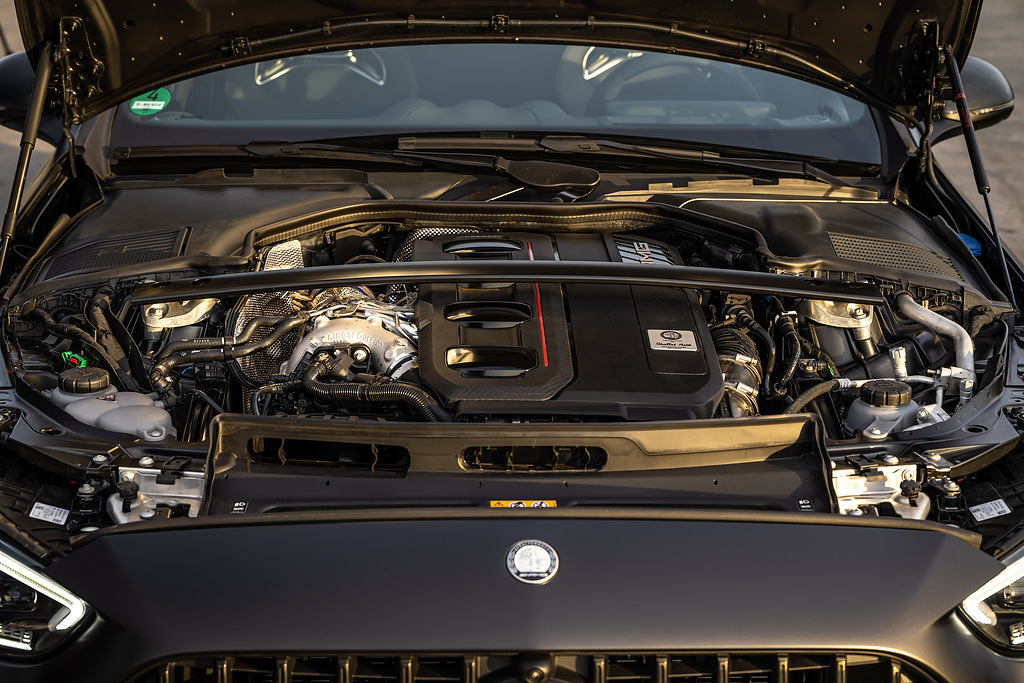
Ticking noises in a Mercedes engine can sometimes be a hard nut to crack. It’s because these can stem from various problems under your hood like lubrication issues, dirt, leaks, or malfunctioning components. Fortunately, you can save yourself from more expensive repairs down the road by diagnosing the problem beforehand.
In this article, we will explore the most common culprits for this particular issue to give you a head start in your diagnosis. In the long run, this will help you prevent the problem from getting worse or going out of control while ensuring the longevity of your engine and vehicle in general.
Most Common Causes of Ticking Noises in Mercedes Engine
Ticking noises coming from a Mercedes engine can be caused by several factors. One of the most common is a buildup of dirt and debris in the crankshaft pulley, which produces a ticking sound when rotating. Too much friction in the moving parts of your engine due to lubrication issues can be the reason, too.
Another possible cause is worn piston rings, resulting in an uneven power output that causes a ticking noise at higher revs. Worn camshaft lobes can likewise produce this type of noise.
Signs to Take Note Of
To confirm the suspected cause of the ticking noise in Mercedes engine, look for additional symptoms like poor acceleration, leaks, reduced fuel efficiency, and poor emissions. It’s important to check all parts visually and by utilizing tools such as a stethoscope or vacuum gauge to pinpoint exactly what’s causing the problem.
Practical Solutions You Can Apply
The first thing you should do is make sure there is enough lubricating oil in your reservoir tank. This procedure helps prevent any other possible problems caused by lubrication issues from escalating.
Next, check for any leaks within the system which may be causing the quick drain of fluids responsible for the proper functioning of your vehicle. Address them accordingly with sealants or replacements for worn seals, lines, and gaskets if necessary.
Meanwhile, if dirt and debris are found in the crankshaft pulley, they can be cleaned with a soft brush and an appropriate solution. At times, this may require the disassembly of some critical engine components if the contamination is severe. Thus, be sure that you are assisted by someone with technical expertise on the matter before proceeding.
Furthermore, worn piston rings will certainly require a replacement. The worn camshaft lobes should be thoroughly inspected to determine the cause of wear and replace any damaged part within the assembly.
Lastly, if the problem persists and/or additional damage is found during the inspection, plan out and execute the necessary repairs according to the technical manual provided by the manufacturer. After carrying out all repairs and replacements needed, run a test drive in a safe location to make sure everything works properly.
Final Thoughts
In a nutshell, ticking noises coming from a Mercedes engine can have several causes, but they all require careful examination in order to successfully diagnose and fix them. Check for additional symptoms and use tools as needed to accurately pinpoint the source of the problem. After carrying out repairs and replacements, take your vehicle for a test run to make sure all parts are working correctly.
For best results, always consult a professional mechanic or your Mercedes service center for a more thorough or systematic diagnosis, repair, and/or parts replacement. They are sure to provide expert advice on the best way to handle any issue related to your car’s performance, particularly those components triggering ticking noises in the engine.


























